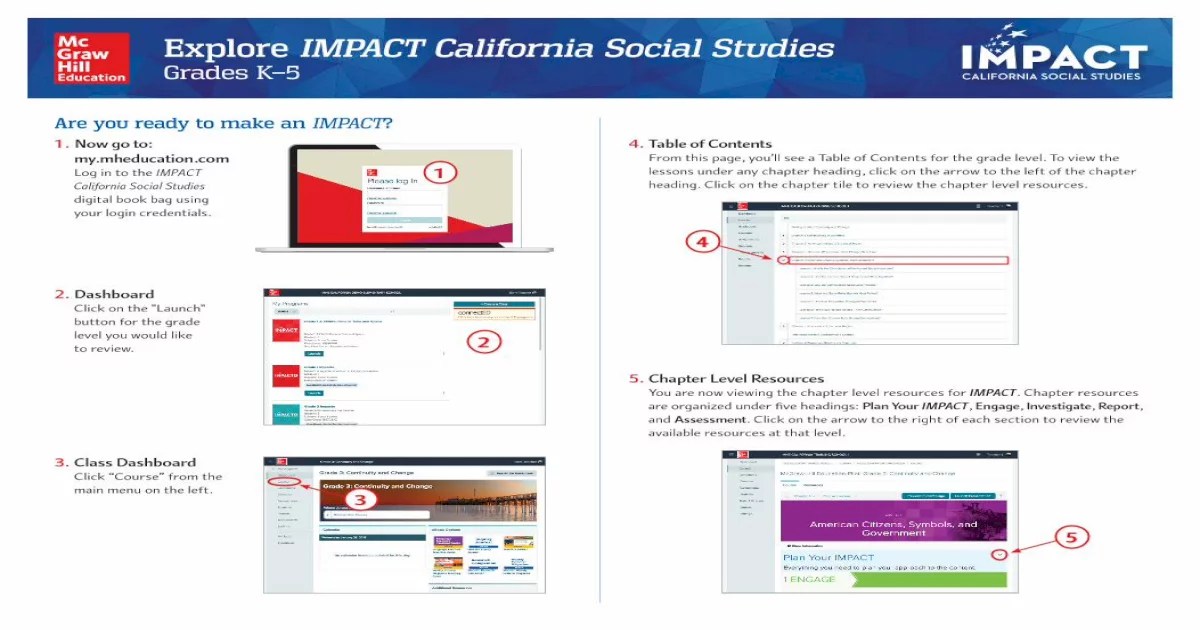Impact california social studies principles of economics – The Impact of California Social Studies Principles of Economics on Student Learning delves into the transformative role of economics education in shaping the intellectual and civic development of California’s students. This comprehensive analysis explores the fundamental principles embedded in the curriculum, their impact on student learning outcomes, and the value of integrating economics into social studies education.
Through a meticulous examination of research and case studies, this paper illuminates the specific skills and knowledge students acquire from studying economics, fostering their economic literacy and empowering them to make informed decisions in their personal and civic lives.
Economic Principles and Concepts
The California Social Studies curriculum embeds fundamental economic principles that guide students’ understanding of the world around them. These principles include scarcity, supply and demand, opportunity cost, and the role of government in the economy.
In lesson plans, these principles are taught through real-world examples and hands-on activities. For instance, students may simulate market economies through role-playing games, analyze current events to identify economic concepts, or create budgets to demonstrate the principle of scarcity.
Importance of Economic Literacy for Students in California
- Enables informed decision-making as consumers, investors, and citizens.
- Provides a foundation for understanding personal finance and economic policies.
- Fosters critical thinking and problem-solving skills essential for success in various fields.
Impact on Student Learning: Impact California Social Studies Principles Of Economics
Research has shown that economics education in California has a positive impact on student learning.
Specific Skills and Knowledge Gained
- Understanding of economic concepts and principles.
- Ability to analyze economic data and make informed predictions.
- Critical thinking and problem-solving skills.
- Appreciation for the role of economics in society.
Long-Term Benefits
- Enhanced personal finance management skills.
- Informed participation in economic decision-making.
- Improved civic engagement and understanding of public policy.
Integration with Social Studies

Economics principles are interwoven with social studies concepts, providing a comprehensive understanding of human societies.
Interdisciplinary Lesson Plans
- History: Examining economic factors that influenced historical events.
- Geography: Analyzing the impact of economic activities on the environment and population distribution.
- Civics: Exploring the role of government in regulating the economy and protecting consumer rights.
Value of Integration
- Enhances students’ understanding of social, historical, and political events.
- Develops interdisciplinary thinking skills.
- Provides a holistic view of human societies and their economic systems.
Teacher Resources and Support

California teachers have access to various resources and support for teaching economics in social studies.
Available Resources
- Curriculum frameworks and lesson plans.
- Professional development opportunities.
- Online resources and databases.
- Collaborations with local businesses and economists.
Best Practices and Strategies
- Incorporating real-world examples and simulations.
- Using technology to enhance student engagement.
- Differentiating instruction to meet students’ needs.
- Collaborating with other teachers and community members.
Role of Professional Development
- Enhancing teachers’ knowledge of economics content and pedagogy.
- Developing effective lesson plans and instructional strategies.
- Facilitating collaboration and networking among teachers.
Assessment and Evaluation
Assessing student learning in economics education is crucial for improving the effectiveness of instruction.
Assessment Methods, Impact california social studies principles of economics
- Formative assessments: Quizzes, discussions, and projects.
- Summative assessments: Tests, essays, and presentations.
- Performance-based assessments: Simulations, role-playing, and case studies.
Assessment Tools and Rubrics
- Multiple-choice questions.
- Short-answer questions.
- Essay prompts.
- Project rubrics.
Importance of Ongoing Evaluation
- Provides feedback to students and teachers on student progress.
- Informs instructional decisions and curriculum development.
- Supports continuous improvement and accountability.
Future Directions and Innovations

Economics education in California is constantly evolving to meet the needs of students and the changing economy.
Emerging Trends and Innovations
- Increased use of technology and online resources.
- Emphasis on real-world problem-solving and project-based learning.
- Incorporation of financial literacy and personal finance education.
Potential of Technology and Online Resources
- Interactive simulations and games.
- Access to real-time economic data and news.
- Collaboration and networking opportunities.
Popular Questions
What are the fundamental economic principles embedded in the California Social Studies curriculum?
The California Social Studies curriculum incorporates key economic principles such as scarcity, supply and demand, opportunity cost, and economic systems.
How does economics education impact student learning in California?
Research indicates that economics education in California enhances students’ critical thinking skills, problem-solving abilities, and understanding of current economic issues.
Why is economic literacy important for California students?
Economic literacy empowers students to make informed decisions about their personal finances, participate effectively in the economy, and engage in civic discourse on economic policies.